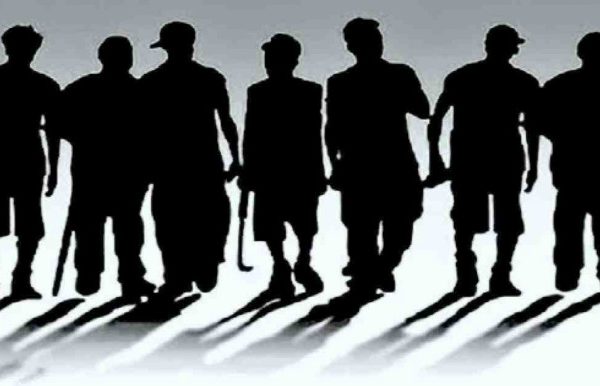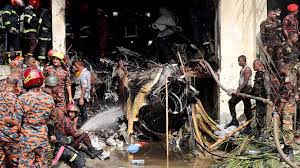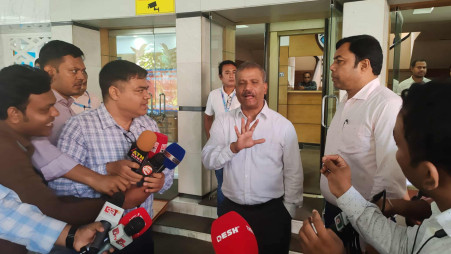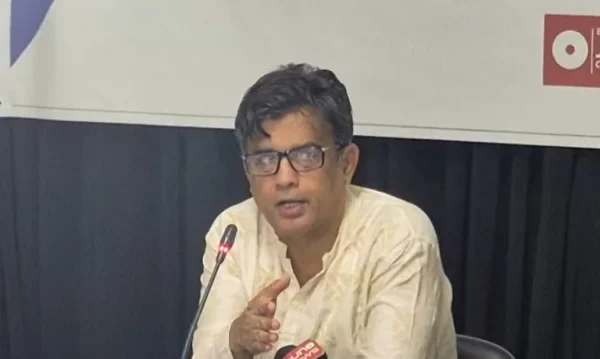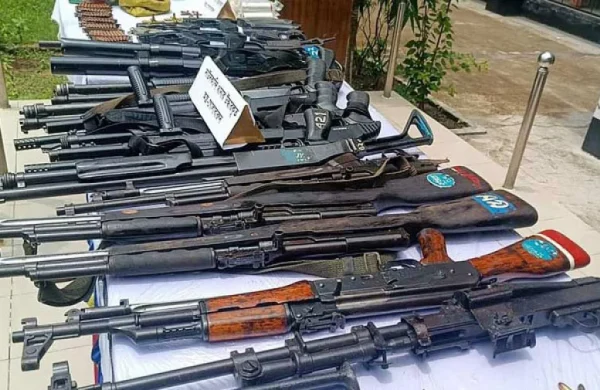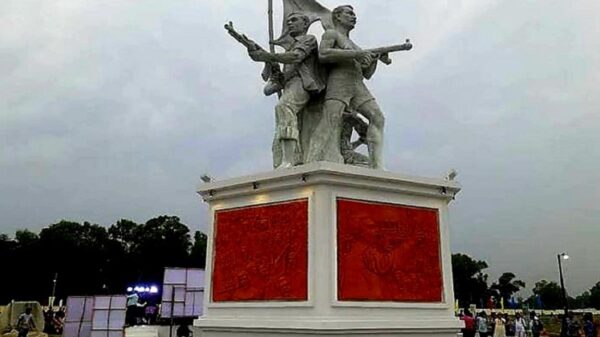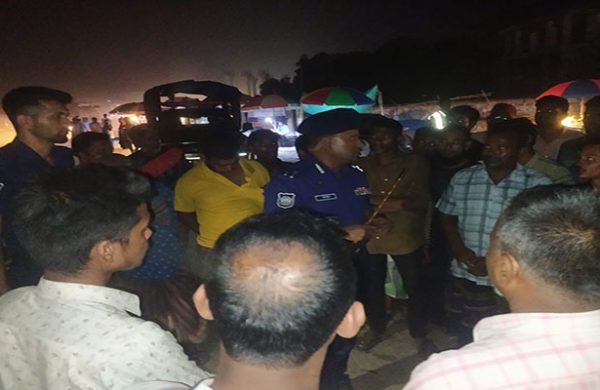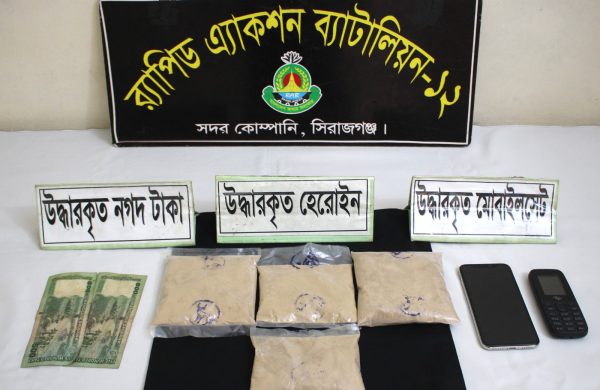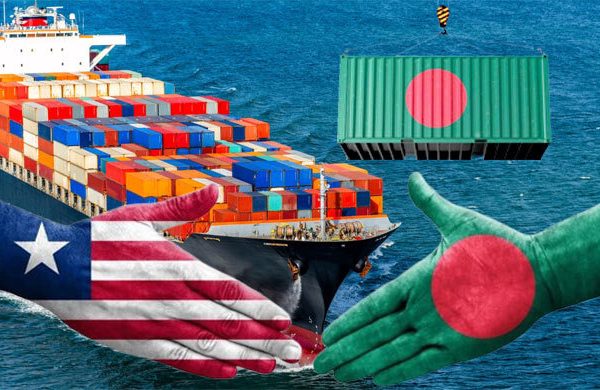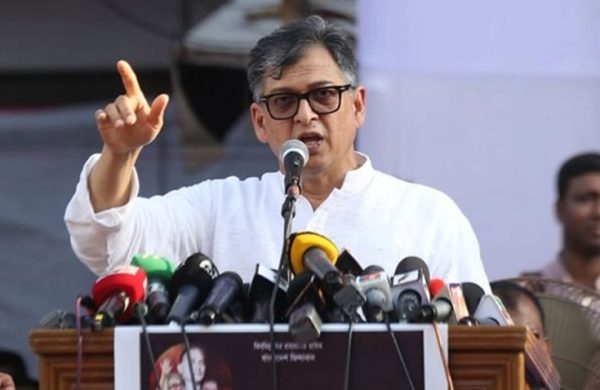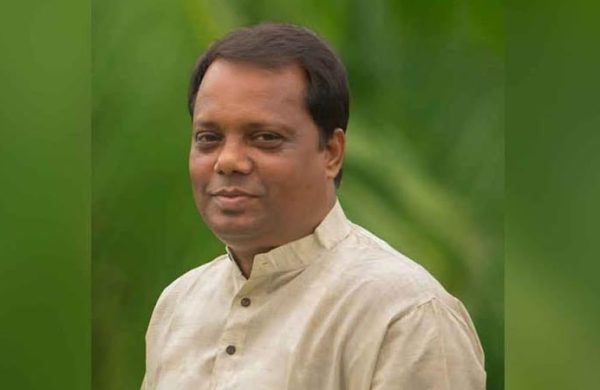Tk652.55 crore project targets Rohingyas, local hosts
- Update Time : Wednesday, July 16, 2025
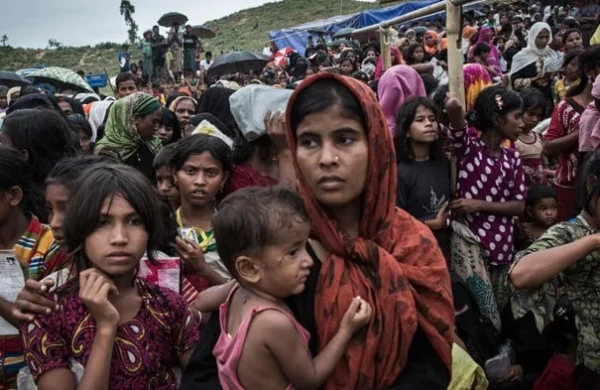
TDS Desk:
In a bid to address the growing challenges facing Rohingyas and their host communities in Bangladesh, the government has undertaken a Tk652.55 crore project aimed at improving water supply, sanitation, and waste management systems in Cox’s Bazar and Noakhali districts.
The project titled ‘Integrated Services and Livelihood Development of Displaced Populations and Local Communities’ will be implemented between July 2025 and June 2028, focusing on 12 upazilas of the two districts.
The project is designed to improve infrastructure and services for both the displaced Rohingya population and host communities.
The funding includes Tk112.78 crore from the government of Bangladesh and Tk539.77 crore from the Asian Development Bank (ADB), comprising loans and grants.
The Asian Development Bank (ADB) on 24 June approved a $58.6 million grant from the Asian Development Fund (ADF) and a $28.1 million concessional loan to provide basic infrastructure and critical services for displaced people from Myanmar and host communities in Bangladesh.
The project was undertaken amid a dwindling international funding crisis for Rohingyas and host communities in Bangladesh.
UNHCR, the UN Refugee Agency on Friday said essential services for the whole Rohingya population are at risk of collapsing due to acute global funding crisis, noting that 150,000 Rohingyas entered Bangladesh over the last 18 months.
With the acute global funding crisis, UNHCR spokesperson Babar Baloch said the critical needs of both newly-arrived refugees and those already present will be unmet.
The Integrated Services and Livelihood for Displaced People from Myanmar and Host Communities Improvement Project will enhance and expand access to water, sanitation, and hygiene; roads and bridges; safety and security; drainage systems; food security; and disaster resilience, according to the ADB.
It said a differentiated approach will be applied to address the specific needs of both Rohingyas and host communities in Cox’s Bazar and Bhasan Char areas.
The project will also enhance connectivity and access to essential services while strengthening government capacity to manage and implement projects.
In the Rohingya camps, the project will install or replace solar-powered streetlights in Cox’s Bazar and rehabilitate the existing fecal sludge management system in Bhasan Char, while optimising biogas production for cooking.
In both Cox’s Bazar and Bhasan Char, drainage canals will be rehabilitated using nature-based solutions, and food distribution centers will be constructed with a focus on improving access for women, children and people with disabilities.
In host communities, the project will construct cyclone shelters that double as schools in Hatia and implement mini piped water supply systems in nine upazilas (sub-districts) in Cox’s Bazar.
The project will construct a surface water treatment plant in Palongkhali Union, Ukhia and a transmission pipeline to deliver treated water to the water-scarce area of Teknaf.
Besides, the project will improve roads in Cox’s Bazar and Bhasan Char to enhance mobility and connectivity.
Over 1 million displaced people from Myanmar, approximately 75% of whom are women and children, are currently residing in 33 camps in Cox’s Bazar.
More than 36,000 Rohingyas have been voluntarily relocated to Bhasan Char in Noakhali district.
Key components of the project, as per the project document, includes operation and maintenance of existing piped water supply systems, development of a surface water reservoir in Ukhia, installation of water supply pipelines for Teknaf Municipality, construction of mini-pipe water systems in nine upazilas of Cox’s Bazar, establishment of the first sludge management system at Bhasan Char in Noakhali, and renovation and rehabilitation of existing sanitation and waste management facilities.
In 2017, over a million Rohingya refugees fled persecution in Myanmar and were forcibly displaced, eventually taking shelter in 32 camps across Ukhia and Teknaf upazilas of Cox’s Bazar district.
In 2018, the government of Bangladesh, with the support of the Asian Development Bank, undertook the flagship project ‘Emergency Assistance in Water Supply and Sanitation Activities in Cox’s Bazar Ukhia and Teknaf Upazilas’.
The project includes the construction of toilets for the displaced, the installation of 40 solar-powered underground and 4 surface water reservoirs, and the installation of integrated and humanitarian systems.
The project is being implemented to address the challenges of flood, including the establishment of waste management systems, the establishment of integrated crisis management systems, and the establishment of flood control.
The Executive Committee of the National Economic Council (Ecnec) approved the project in its latest meeting.


